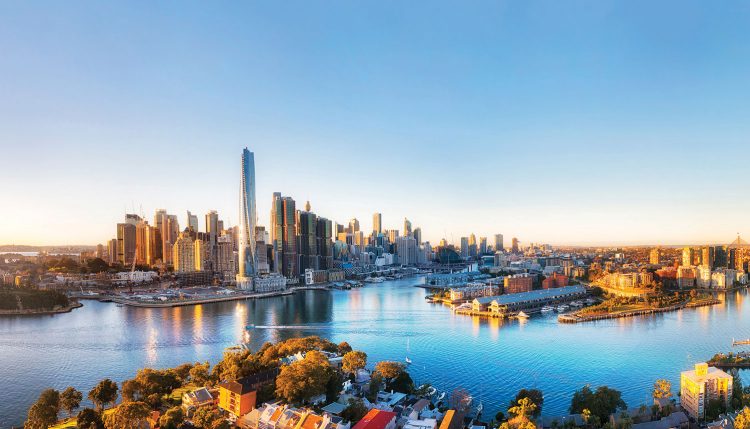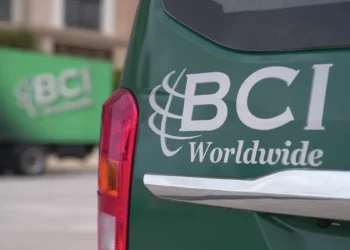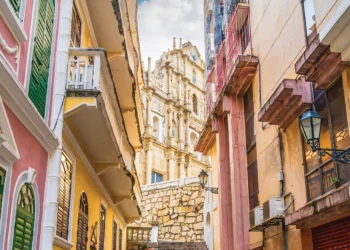With three inquiries into Crown Resorts completed, a review into Star Entertainment Group underway and a litany of damning findings uncovered around money laundering, Asian junket relationships, tax evasion and more, there are serious questions being asked about what the future holds for Australia’s casino industry.
Once considered the gold standard of casino gaming in Asia-Pacific – and to this day the source of many high-level gaming executives across the region – Australia’s casino industry suddenly finds itself plagued by uncertainty.
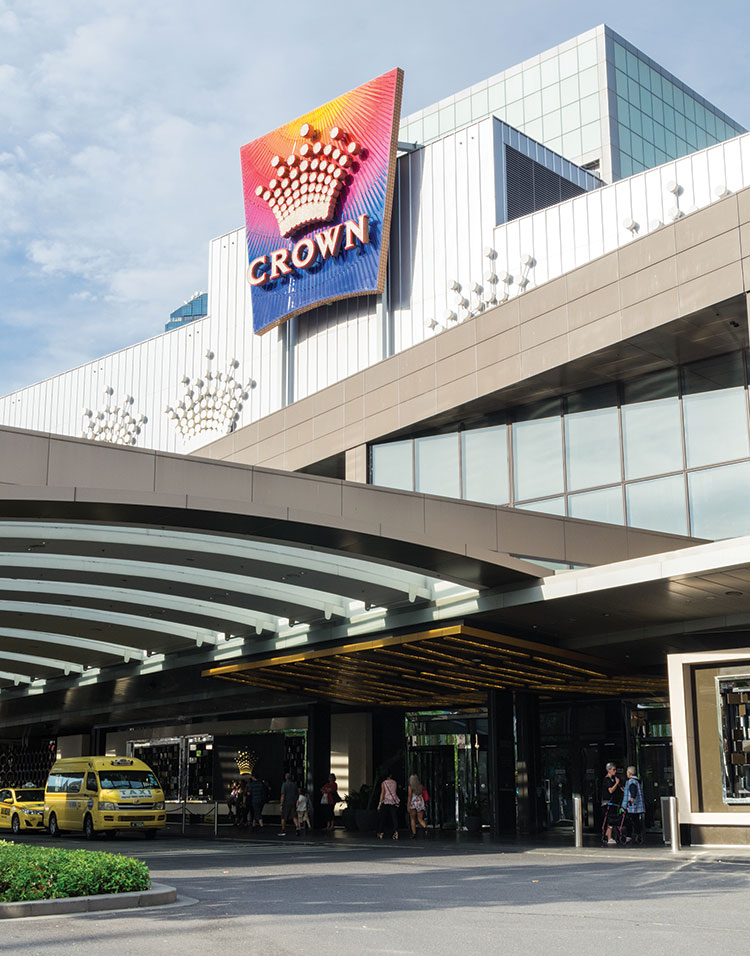
In the wake of damning inquiries into Crown Resorts in New South Wales, Victoria and Western Australia, and an ongoing review of The Star Sydney which continues to uncover widespread anti-money laundering failures, at least one government minister has begun asking if Australia still needs a casino industry at all.
In late March, NSW Transport Minister Rob Stokes said the inquiries into Crown and Star “would have significant impacts on the regulatory environments faced by casino operators” and that “those impacts will generate a cascading series of consequences that should cause us to pose an existential question about the future of casinos in NSW.”
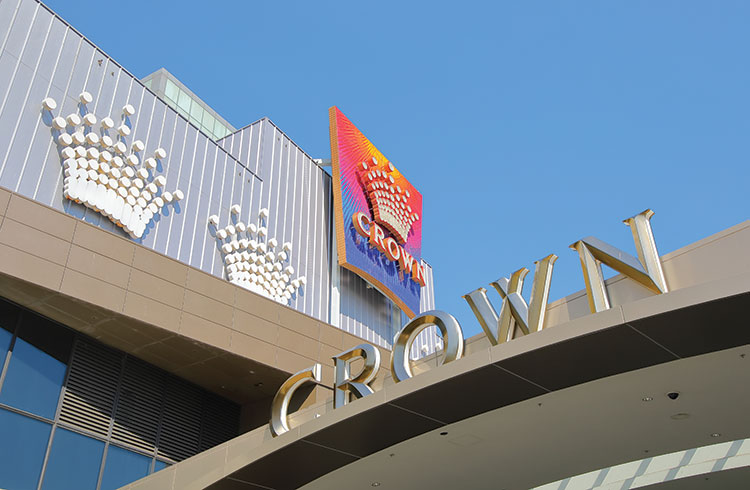 Referencing the original media investigations that led to the inquiries, which alleged Crown and Star had enabled suspected money laundering, organized crime, fraud and foreign interference by cultivating high-roller gamblers with links to organized crime, Stokes said, “Basically, everything we were warned about turns out to be entirely true. Revelations of tax evasion also completely undermine the argument that casino operations are justified on the basis of the revenue they provide to support wider social and community benefits.”
Referencing the original media investigations that led to the inquiries, which alleged Crown and Star had enabled suspected money laundering, organized crime, fraud and foreign interference by cultivating high-roller gamblers with links to organized crime, Stokes said, “Basically, everything we were warned about turns out to be entirely true. Revelations of tax evasion also completely undermine the argument that casino operations are justified on the basis of the revenue they provide to support wider social and community benefits.”
Such comments may seem, on the surface, to be overly dramatic. After all, as one former Australian regulator who asked not to be named told IAG, casinos create jobs, provide substantial tax revenue (notwithstanding instances of evasion at Crown Melbourne), are enjoyed by thousands of people every day and provide a safe place for people to gamble.
“They are safe in the sense that games are offered with integrity, so you will get your money back when you ask for it,” the regulator said. “If you don’t have that safe space, casinos will still exist, but they will do so illegally where it is not so safe, so the community is better served with legalized casinos than with a ban on casinos.”
However, the future of Australia’s 14 casinos – and particularly the big five operated by Crown and Star – might not be as secure as it seems.
“There is a real issue now as to where the industry goes as a whole, and I’ve been interested to see that [recent revelations] seem to have given oxygen – at least from the current Bell inquiry [into The Star Sydney] – to prohibitionists,” says David Green, a veteran industry consultant and former advisor to the Macau government.
“One issue that won’t go away quickly is that governments are now going to be asked to reevaluate the risk/reward equation for the industry as a whole.
“There is a lot to be said for the Productivity Commission taking a look at this again on the basis of asking the question: is investment in this industry actually warranted on the numbers? And if there is a question mark, I think a number of the states, if they have the right government in place, could decide this is all too hard and wind it right back.”
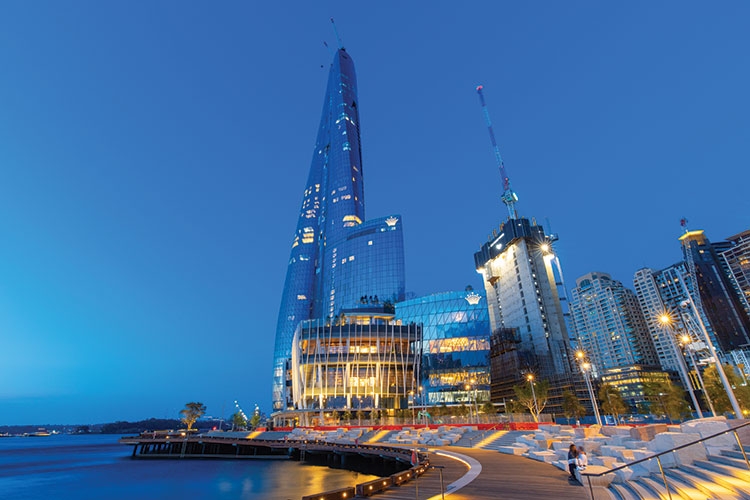
Certainly, the industry faces sweeping change at the very least, both from an operational capacity and in terms of how Australia’s casinos are regulated moving forward.
Regulation was a focus of all three inquiries held into Crown Resorts over the past two years with calls for a complete overhaul of regulatory structures in NSW (home of Crown Sydney), Victoria (home of Crown Melbourne), and Western Australia, (home of Crown Perth).
The first of those inquiries, conducted by Commissioner Patricia Bergin in 2020 to determine Crown’s suitability to retain the NSW casino license for its AU$2.2 billion (US$1.6 billion) Crown Sydney development, not only found Crown unsuitable but also recommended the establishment of a new regulatory body, the Independent Casino Commission (ICC), as “an independent, dedicated, stand-alone, specialist casino regulator with the necessary framework to meet the extant and emerging risks for gaming and casinos.”
 The NSW government announced in August 2021 that it agreed with the recommendations of the Bergin Report and was planning a “redesigned regulatory structure for casinos” in the state.
The NSW government announced in August 2021 that it agreed with the recommendations of the Bergin Report and was planning a “redesigned regulatory structure for casinos” in the state.
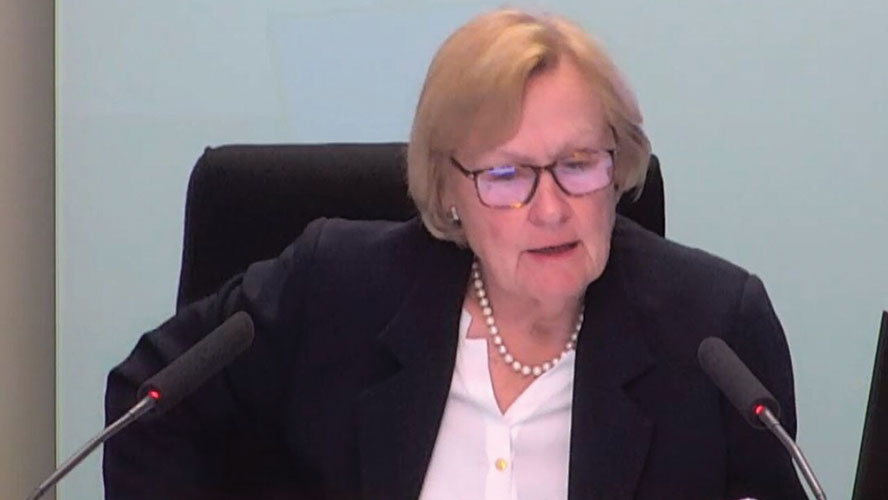
It is “critical the management and operation of casinos in New South Wales are free from criminal influence and exploitation,” the government said in reference to both Crown Sydney and The Star Sydney.
A Royal Commission into Crown Melbourne, concluded last year, has already resulted in the Victorian Commission for Gambling and Liquor Regulation (VCGLR) being replaced by a brand-new regulatory body, the Victorian Gambling and Casino Control Commission (VGCCC), with oversight of all gambling activities statewide and a dedicated casino regulation division focused solely on Crown Melbourne.
And in Perth, the final report of the Perth Casino Royal Commission, published in March 2022, was scathing on Western Australia’s regulatory regime, describing it as “not fit for purpose” and requiring replacement with a modern regulatory framework.
“It was flawed from conception in that it failed to identify the legislative objectives of casino regulation,” the report said.
“We have further found that there have been numerous deficiencies in the manner in which the Gaming and Wagering Commission has exercised its power and responsibilities in relation to casinos and casino gaming.”
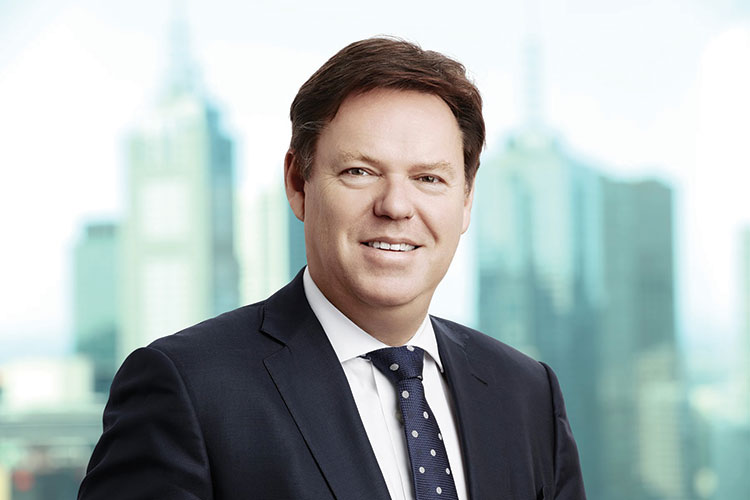
Further, a lack of funding and sufficient resources had “resulted in deficient regulation of the risks from the organization and conduct of gaming operations at Perth Casino,” the report read. “This regulatory failure has, in turn, contributed to the past and current failure of the Perth Casino licensee and its associates to adequately mitigate those same risks.”
The Western Australian government has yet to confirm what action it will take, but establishment of a new regulator, similar to that in Victoria, is likely.
Exactly what this means for casino operators has already been hinted at in Victoria, where the new VGCCC announced on 5 April that it had commenced disciplinary proceedings against Crown Melbourne Limited regarding the illegal use of China UnionPay cards, one of the many dubious practices uncovered during last year’s Royal Commission.
The Royal Commission found that Crown had devised a “China UnionPay process” to evade Chinese currency restrictions and enable the illegal transfer of funds from China, ultimately assisting wealthy Chinese patrons in expatriating up to AU$160 million (US$122 million) in funds between 2012 and 2016, which were disguised as hospitality charges but used instead for gambling.
Notably, amendments to Victoria’s casino laws made in the wake of its Royal Commission have drastically enhanced the regulator’s disciplinary powers, including increasing the maximum fine payable for breaches of the Casino Control Act from AU$1 million (US$720,000) to AU$100 million (US$72 million). The VGCCC’s action against Crown, explains Green, highlights the dawn of a new reality for operators, who will now face heavy consequences for indiscretions rather than a mere slap on the wrist.
“I’m expecting to see a lot more proactive work like this from regulators to make it clear they mean business,” he says.
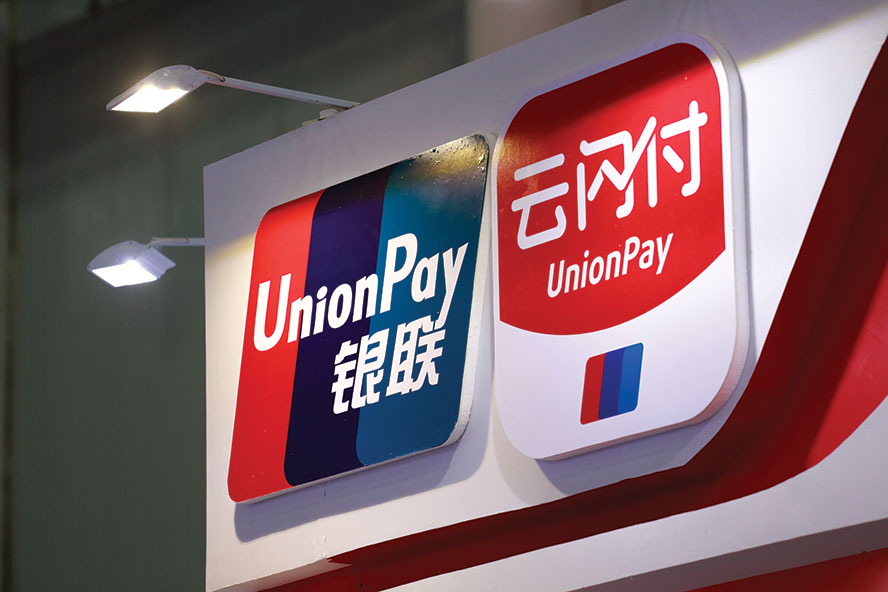 “The fine regime in Victoria is an interesting case in point in that it will give the regulators teeth that they haven’t had before – the ability to take action that will hurt.
“The fine regime in Victoria is an interesting case in point in that it will give the regulators teeth that they haven’t had before – the ability to take action that will hurt.
“So that’s part of it – increasing the size of the club – but also increasing the circumstances in which it can be wielded. There will be a lot more significant action taken than there has been in the past.”
Despite such upheaval, the full gamut of industry-wide implications is not yet known given the conditions placed on Crown’s licenses and the fact that public hearings into The Star Sydney are ongoing.

In both Melbourne and Perth, the Royal Commissions found Crown unsuitable to hold a license but provided a two-year window in which the casinos are permitted to continue operating under a Special Manager who has the power to oversee and exercise control over Crown’s affairs.
Commissioner Ray Finkelstein, who ran Victoria’s Royal Commission, wrote in his final report that, “At the end of [the two-year] period, the regulator should determine whether it is clearly satisfied that Crown Melbourne has become a suitable person to hold its casino license and that it is in the public interest for it to do so.”
As part of its reform agenda, and following on from earlier recommendations contained within the NSW Bergin Report, Crown has already bid farewell to 10 of the 11 directors that sat on its Board as of late 2020, with only Jane Halton surviving. Former Lendlease boss Steve McCann was appointed Crown Resorts CEO and Managing Director last May, and former National Australian Bank AML specialist Steven Blackburn was named Crown’s new Chief Compliance and Financial Crimes Officer in late 2020.
The company has also expanded its financial crime, risk, compliance and responsible gaming teams at what it says is an annual cost of AU$30 million (US$22 million) more than it spent on those same divisions in 2019.
Yet even this hasn’t been enough to earn approval from the current NSW regulator, the Independent Liquor and Gaming Authority (ILGA), to finally open the casino at Crown Sydney, even though non-gaming has been up and running since December 2020. Several rumored opening dates have already come and gone in recent months, possibly delayed while ILGA awaits the outcome of the review into The Star Sydney, located directly across Sydney Harbour from its city rival.
Crown, meanwhile, is in the midst of a takeover, with the company recently recommending to shareholders that they vote in favor of an AU$8.9 billion (US$6.4 billion) bid from US private equity giant The Blackstone Group. Exactly what Blackstone has planned for Crown is unclear, but one theory is that it would look to streamline operations then sell off its properties as individual assets.
The fate of Star is itself open to conjecture, although Managing Director and CEO Matt Bekier is an early casualty after falling on his sword in March. It has been widely expected that others will follow, including long-time Chairman John O’Neill, so it came as more than a surprise when he was recently named Executive Chairman on an interim basis while the company looks for a permanent replacement for Bekier – O’Neill earning an AU$1.5 million (US$1.1 million) annual pay rise in the process.
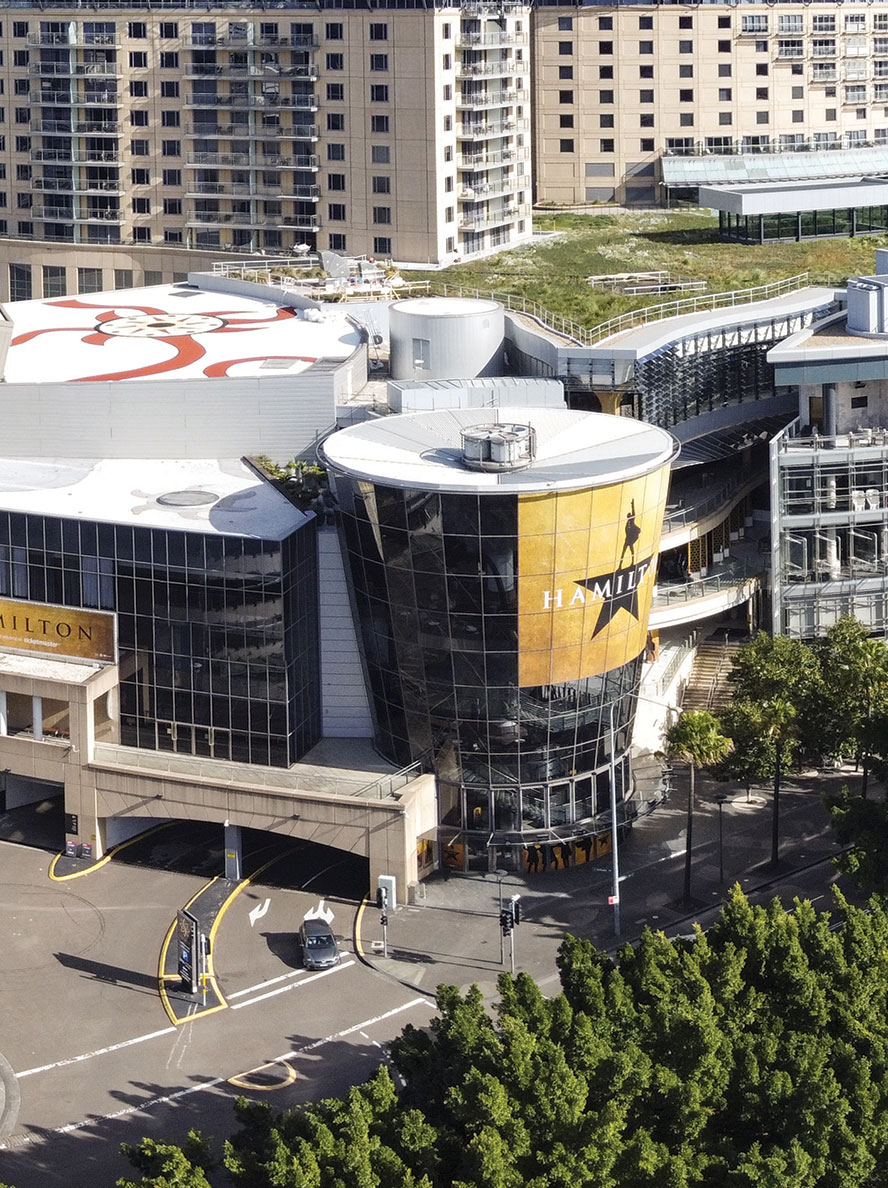
“It’s hard to see the current board remaining and I think they have made a mistake appointing John O’Neill,” said one industry source IAG spoke with.
“That looks a lot like Helen Coonan [who filled in as Executive Chairman at Crown after CEO Ken Barton quit in February 2021], which was not well received by the Victorian Royal Commission. I can’t believe Star hasn’t seen that.”
The findings against Star during public hearings, at least so far, have centered around its anti-money laundering controls and relationship with Asian junkets, and not the additional issues around responsible gambling and tax avoidance that also plagued Crown. There is, however, more to come, with ILGA recently approving a request from the man in charge, Adam Bell SC, to extend the review by two months to summons further witnesses and undertake further lines of inquiry. Bell’s final report is now due in August and, depending on its findings, it wouldn’t surprise to see Queensland – home to The Star Gold Coast and Star’s AU$3.6 billion Queen’s Wharf Brisbane development (scheduled to open in 2023) – conduct its own review into the company’s conduct.
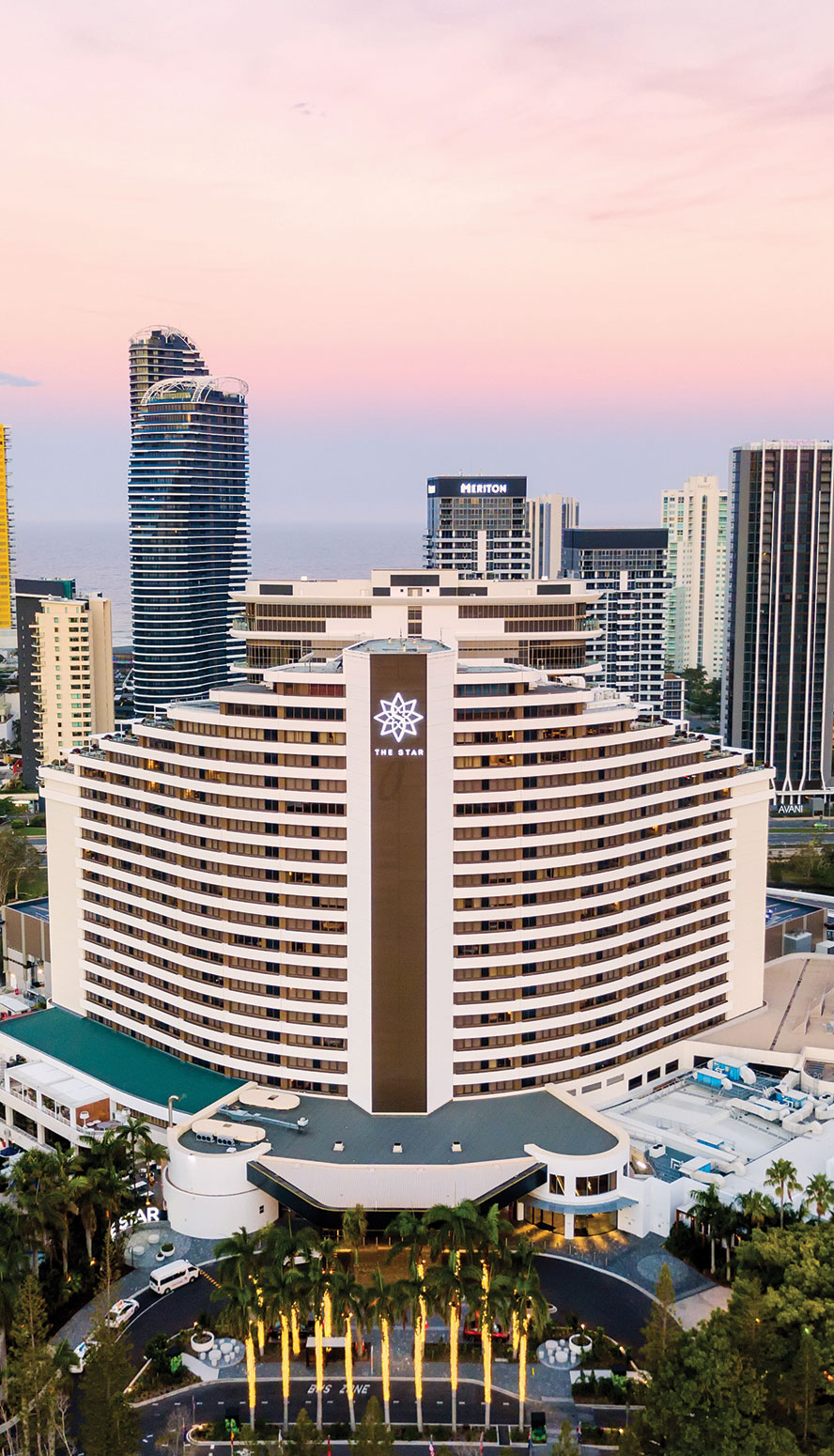
“Whether Star likes it or not, the perception is that Star has been as bad as Crown, even though what we’ve heard so far is not anywhere near that level,” IAG’s source explained.
“But Star’s use of China UnionPay cards, which is similar to Crown, is enough. And allowing [junket promoter] Suncity Group into the casino with its own room is also enough.”
What we do know right now is that the days of junkets setting up camp in Australia’s casinos are over, which casts doubt on operators’ future ability to attract international players – particularly with stricter AML and KYC (Know Your Customer) controls set to become the norm.
Complicating the matter further is China’s own war against cross-border gambling, which has already diminished the Chinese VIP market for casinos around the world – a fact even Macau is discovering.

“I think the commission-based play model has real problems,” explains Green.
“At the moment in NSW and Victoria you can grant credit to non-residents who come in on commission-based play arrangements, and it might be possible to source players from geographies other than China. It’s been done for years in smaller casinos like Adelaide, getting in players from Malaysia and Thailand and so forth, but whether they can provide the volume and quantum of play required to sustain that business is a question.
“One thing to bear in mind is: that’s the volatile end of the business. Unless you’ve got a very substantial base of recurring commission-based play, your chances of incurring catastrophic loss if you don’t have tight control of your spread of tables is so much greater.
“So, I’m not terribly optimistic of that part of the business at all. Yes, there will be people that come in on commission play, but that really high-end business will substantially have to abandon Australia.”
While both Crown and Star reported similar exposure to the international VIP market in 2019 – the segment comprised around 23% of Star Entertainment Group’s gross revenue that year and 25% of Crown’s – there are concerns over the future of Crown Sydney, which was built specifically to target Asian VIPs. Its license does not, for example, allow for the provision of poker (slot) machines.
 “Crown Sydney is a classic case of a white elephant, having been developed for a market that no longer exists, or, not to any substantial degree,” adds Green.
“Crown Sydney is a classic case of a white elephant, having been developed for a market that no longer exists, or, not to any substantial degree,” adds Green.
On main gaming floors, casinos in NSW and Victoria will need to move to cashless gaming as part of recommendations aimed at enhancing both AML and responsible gaming controls.
In March 2021, ILGA announced that it had reached agreements with both Star and Crown to transition towards cashless gaming via cashless card technology linked to each individual’s identity and to a recognized financial institution.
“The onus there is being able to trace where the money is coming from,” said ILGA Chairman Philip Crawford at the time. “It is very consistent with the KYC technology and regulations that our banks operate under.”
In Melbourne, plans are underway for carded play to be compulsory for all gaming at Crown Melbourne, while cash will be phased out for all transactions exceeding $1,000.
To what extent this will impact operators remains to be seen, although industry experts suggest some short-term pain could result in long-term gain.
“After all, how many people under 40 do you see carrying cash around these days?” one former regulator asked.
 “It might reduce Crown’s earnings for those who just don’t want to disclose that they’ve got cash, but ultimately, cashless will benefit casinos. Crown already has a lot of cashless capability anyway.”
“It might reduce Crown’s earnings for those who just don’t want to disclose that they’ve got cash, but ultimately, cashless will benefit casinos. Crown already has a lot of cashless capability anyway.”
So what does the future hold for Australia’s casinos? The full answer to that question won’t be known for at least another two years, when the Special Managers appointed to oversee Crown’s operations in Victoria and Perth complete their term and the regulators assess whether the company has indeed returned to suitability.
There are other factors that need to play out too.
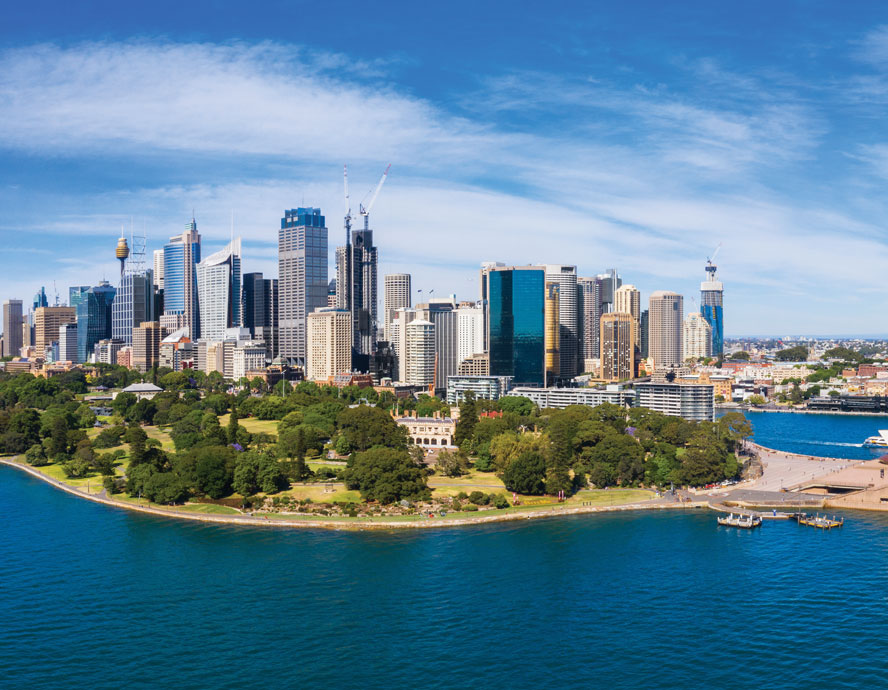 “Star [Sydney] must be at some risk of being found unsuitable as well,” observes Green, “in which case you would have to ask how the only two casinos in NSW are both run by unsuitable parties? The optics on that are bad and the implications are bad.
“Star [Sydney] must be at some risk of being found unsuitable as well,” observes Green, “in which case you would have to ask how the only two casinos in NSW are both run by unsuitable parties? The optics on that are bad and the implications are bad.
“I think this idea that you are too big to fail is nonsense. It really surprised me that Commissioner Finkelstein seemed to embrace that concept in the Victorian Royal Commission. Some of those revelations were so egregious that people have rightly been asking, ‘What do you have to do to lose your license?’
“On the other hand, if you compare casinos to some of the other social evils that we’ve embraced, the harm profile associated with casino gaming is certainly well under those. Look at the number of alcoholics we have in the community – and no-one to my knowledge is talking about prohibition of alcohol. It’s all about responsible service of alcohol, packaging of alcohol and advertising of alcohol so that it’s more targeted.
“Unfortunately there is a tendency towards nanny state-ism with this stuff. Personally, I’m not a fan of casinos but I recognize that people do enjoy them as a means of entertainment and they’ve brought some good features, particularly with the integration of dining and entertainment options.
“So, I can see them continuing but knowing full well in future that if you want to have the industry, you’ve got to comply with the rules.”






